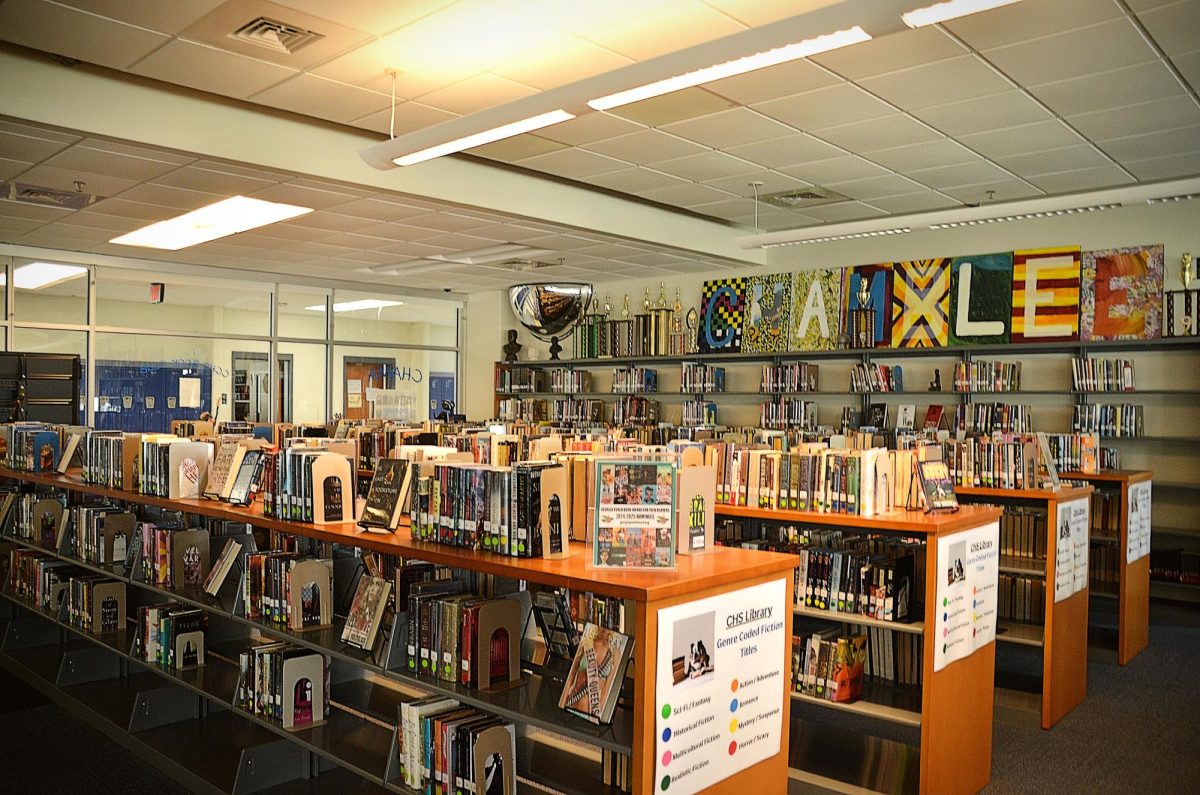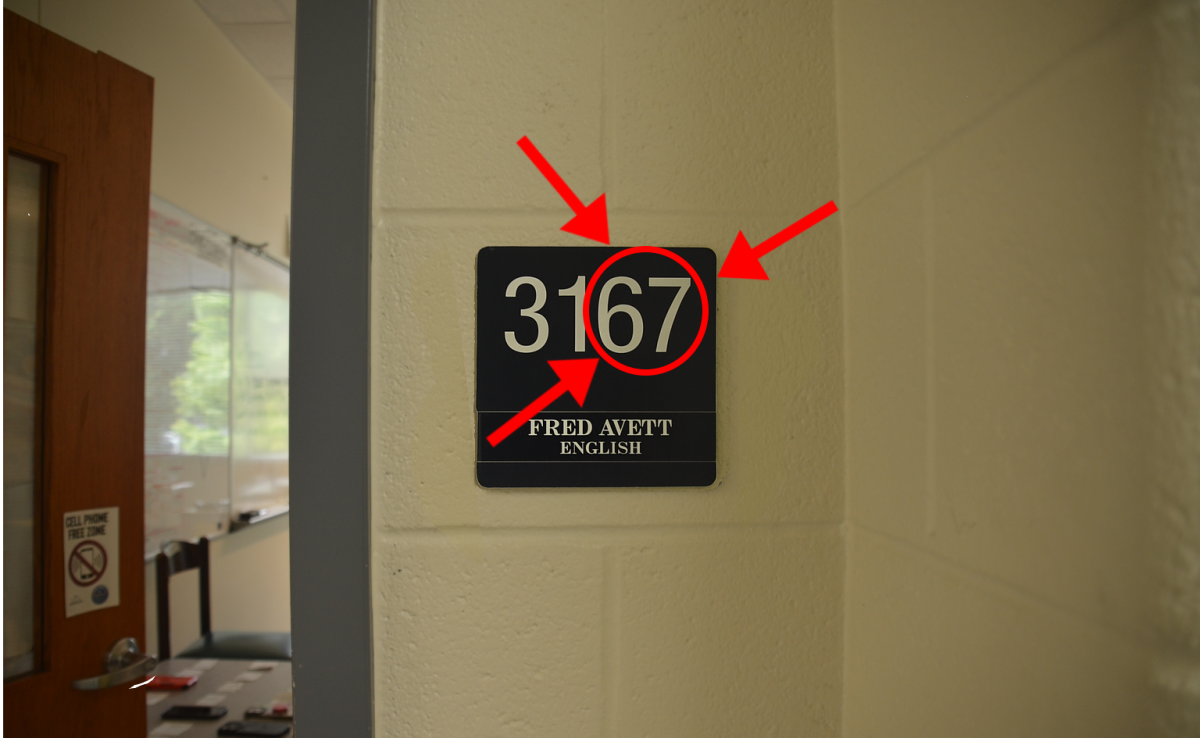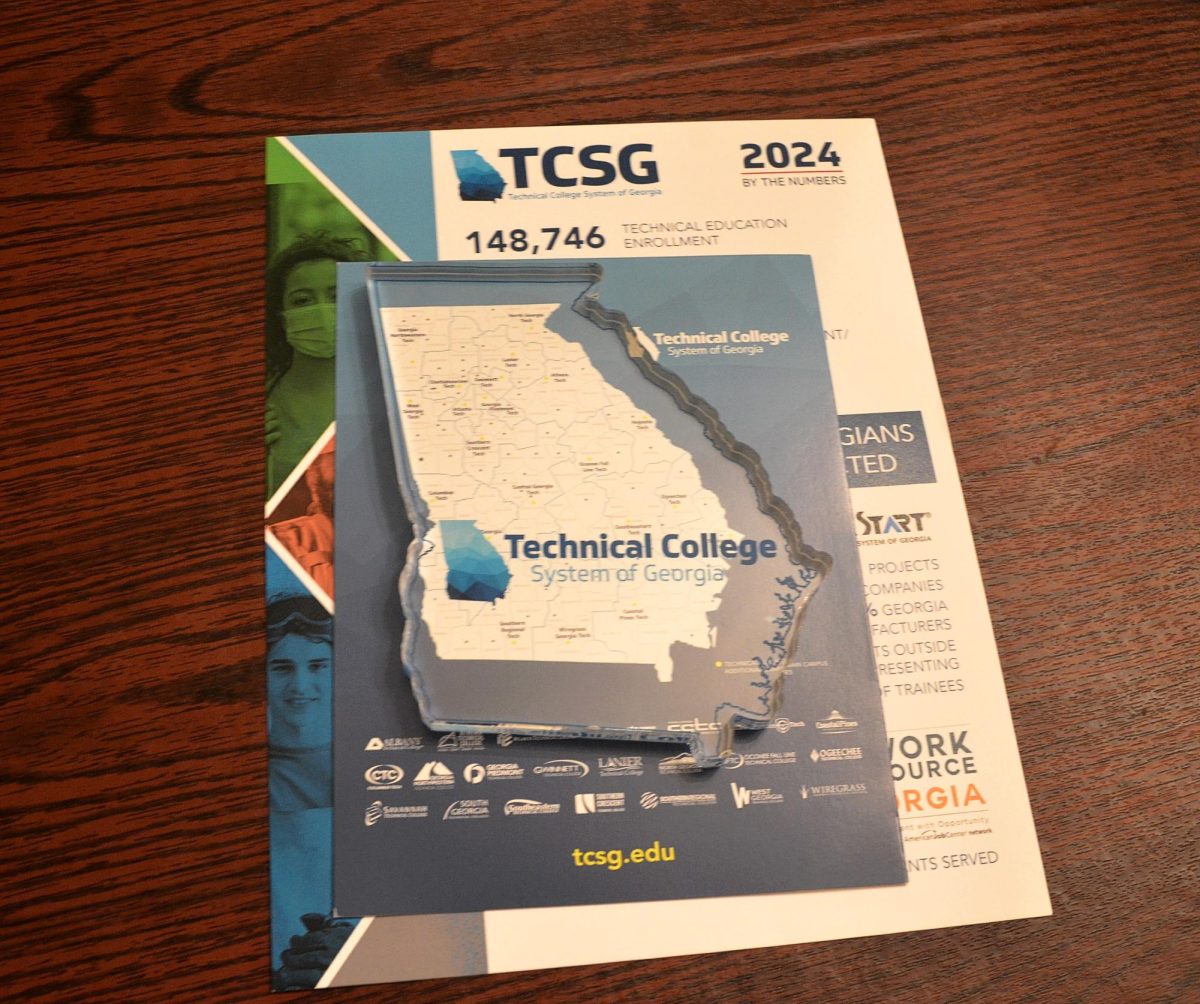With the rise in inflation and consumerism, there has been a noticeable increase in prices everywhere. The price of the McDonald’s McChicken tripled in just ten years according to Visual Capitalist, it’s three dollars to add a measly scoop of guacamole to a Chipotle burrito, and what once was a small chip off the bank account is now a biweekly splurge. Stuff is expensive, and as prices increase, so does the significance of tips.
“Tipping is supposed to happen if you think your server did well. It shouldn’t be a necessity… not everybody has the money to tip,” said Sydney McMillan (‘27).
Other students argued that only certain establishments warrant tipping.
“Tipping should be reserved for the best restaurants,” said John Greene (‘26), “where they’re running back and forth, you’ve got 50 different waiters, and they’ve got a bunch of different orders going on.”
Other students disagree completely, arguing that tipping is a necessity no matter what.
“I think tipping is necessary in the service industry because lots of waiters get paid minimum wage, and their pay alone is not enough to survive on,” said Ella White (‘28).
As more and more students become involved in the service industry, they become more aware of the importance of tips.
“I get paid minimum wage. I’ll be working a five-hour shift for $7.25 an hour, but I will get more than sixty dollars in tips, so that’s the main part of the check,” said Julianne Lee (‘27).
Concurrently, other students recognize the significance of tips on a paycheck, especially for workers living off their restaurant wages.
“If I work without tips, I’m only going to make around $50 [per shift], which seems like a lot to a high schooler, but it’s going to be less for somebody who’s working full time,” said Caroline Mowbray (‘27). “A lot of the people that I work with rely on tips to make a [stable] income.”
Because of this reliance that employees have on tips, many consumers feel like they’ve been pressured to make up the difference.
“Whenever I’m at a place, and they flip the screen around to me, looking at me really hard, then I feel pretty pressured to tip,” said White.
Tipping can provide anxiety for consumers, with high expectations no matter the quality of the service.
“What I don’t like about the tipping culture is how, if you under-tip, you get piled on by everyone even if the service was subpar, or [the workers] don’t necessarily need a large amount of tip,” said Lee.
Some consumers, specifically students, struggle to tip as their funds are usually limited.
“I try to tip when I can, but I’m a 16-year-old with no job… It shouldn’t be expected from every single person because there are teenagers like me and also families who need that extra $7,” said Ava Pyron (‘27).
Some students point out that tips sometimes cannot be a consistent way to make money.
“One might be tipped a lot in a particular day because people decide to tip more on whims…and this irregularity can make it much harder for somebody to predict their income,” said Andrew Cox (‘28).
Cox, who visited Europe, expressed the considerable difference between American and European tipping culture.
“In Europe, generally food and restaurants are a little bit more expensive, and you are expected to generally leave a tip if you are provided good service, but not a large tip,” said Cox.
The federal minimum wage for tipped employees is $2.13 an hour according to the U.S. Department of Labor, which is less than a third of the standard minimum wage. However, the total of the minimum wage plus the tips the worker received must be $7.25 an hour, or else the employer has to pay the difference. Several students feel as if the minimum wage is the root of many of the problems with tipping culture.
“If you raise the minimum wage, then you refuse the need to have tips, and you’re gonna solve a lot of other economic crises that are involved,” said Samuel Lindsay (‘29).
“If the minimum wage is raised, then the tipping norm would just lower on its own to maybe 15 or 10 percent,” said Pyron. “I think that would be more doable for people who aren’t living comfortably.”
With the pressure, lingering guilt, and unfair standards that come with tipping, it’s no surprise that both consumers and workers have started to resent tipping culture. Chamblee’s student body seems to have several differing opinions on the matter, so it’s important to bring possible solutions into the discussion.
“Just give what you can,” said Ava Lowe-Pederson (‘27), “and if you can’t, that’s okay. Even if it’s only like 10%, you don’t know how much that matters to somebody.”
Students had additional suggestions for the way that tipping should be done.
“I think we raise [worker] salary and have tips and gratuity included, and if people want to tip on the side, that’s perfectly fine, but they shouldn’t be forced to,” said John Coke (‘27).
Whether tipping is necessary or not, service workers deserve to be paid fairly. This all relies on the voice and opinion of the people, especially the youth who are starting to become more involved consumers.
“I don’t blame the customers,” said Dulce Hernandez (‘26). “I blame the companies who unjustly pay their employees because then the employees have to rely on tips.”








